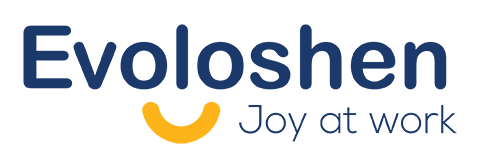
There is no denying that companies that allow more flexibility keep their employees happier and retention is higher. Rigidness of work hours, dress code, and the ability to get a job done in a certain way are falling to the wayside in light of looking at employee satisfaction.
A company needs to allow the employees to be responsible and integrate their work/life balance in a way that works best for all parties. Flexibility is a way of keeping your employees happy—as long as they are held accountable for well defined results.
The ability to have a flexible schedule in our demanding lives is essential to keeping it all together.
For example, with parents:
- It is of great importance to focus our children and employers who allow parents to work around their activities are doing a service by helping the employees feel they are able to contribute to their family and to their company without compromising either one.
- Plus, with the connectedness of technology, we really don’t need to be tied to a desk or office any longer.
Sweden is quite progressive in this area.
- The social system allows for parents of young children to take significant time off maternity leave (for both the mothers and fathers) but then also gives support with the daycare system to return to work easily.
- Companies in Sweden are generally very flexible in allowing parents to take time to be with their children during important school activities, which of course, leads to happier employees since they are able to be there for their children.
Expect to see a rise in the relevance globally of more progressive programs concerning workplace wellness, work/life balance, re-skilling, mentoring, employee satisfaction, flexibility, telecommuting, and other initiatives as the importance of the human capital outlook takes hold.

In Tribal Leadership, different levels of development for organizations are defined. A stage three company has an environment of “I’m great” where the individual strives alone to succeed and accomplish what he or she sets out to do.
In this culture, trust must be earned. When an organization evolves to stage four, the purpose and reason for existing becomes bigger than the individual and a “we’re great” environment emerges. It is an environment of collaboration. Trust is not something to be earned but rather, the relationships start on the basis of trust already existing.
In Whole Foods, they understand the importance of trust as they openly talk about it on their website. In their Declaration of Interdependence, they strive to:
“Instill a clear sense of interdependence among our various stakeholders (the people who are interested and benefit from the success of our company) is contingent upon our efforts to communicate more often, more openly, and more compassionately. Better communication equals better understanding and more trust.”
Managers who have learned to manage by being in control will have a lot of resistance to this. They must understand that their role is not to oversee all the details but to support and coach others to their own greatness.
In order to do this, they must be willing to allow more freedom and empower others to take control and drive projects forward. Once they can see that the results and the benefits are greater using this model, it becomes easier for them to adapt and evolve to new levels as well.






